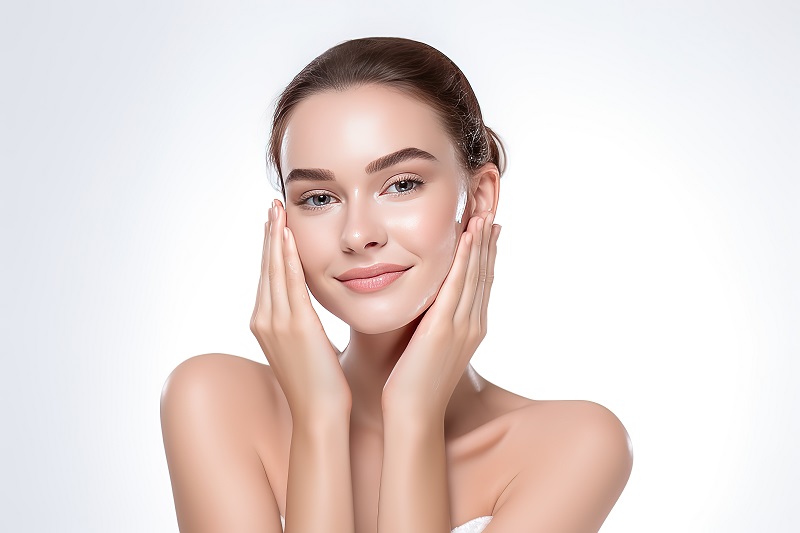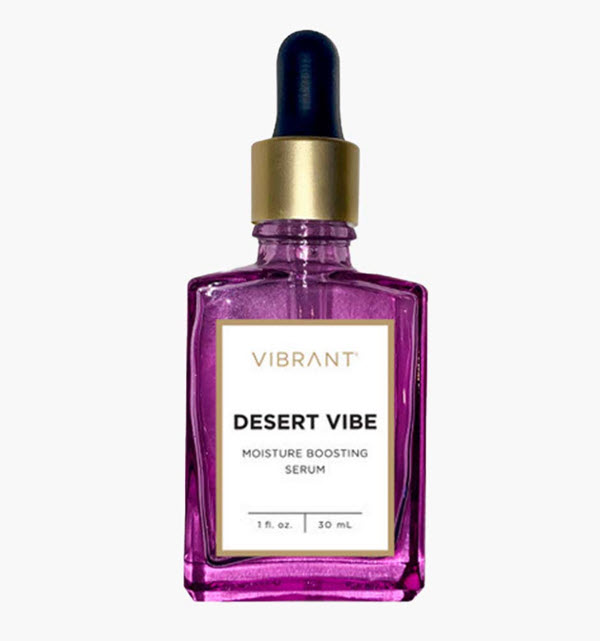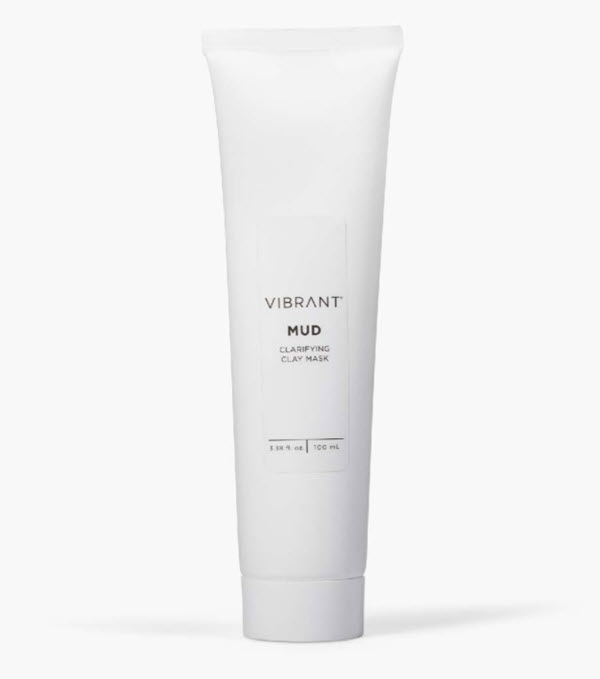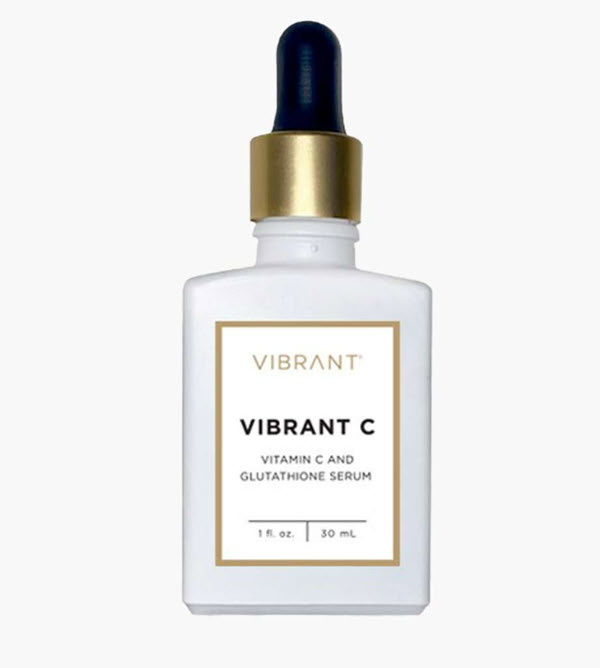Beta-glucan is having its moment in the spotlight in the cosmetics world. Skincare companies, following up on scientific evidence and user experience, are introducing this natural ingredient into products to advance their skin-enhancing effects.
This article sheds light on the impressive benefits of beta-glucan for the skin, explains how to use it, and recommends some of the best products with this ingredient.

What Is Beta-Glucan?
Beta-glucan (β-glucan) is a sugar molecule found in the cell walls of some grains and microorganisms, including oats, rye, barley, seaweed, yeast, and bacteria.
Researchers recognize it as a potent immunomodulator with beneficial effects on various health parameters. The research on its cosmetic benefits is not as comprehensive but shows promise thanks to the molecule’s proven antioxidant, antimicrobial, and hydrating properties.
Our bodies don’t make beta-glucan. To reap its benefits, we need to consume it through food or apply it topically.
Beta-Glucan for the Skin: Benefits
Beta-glucan has several properties that may augment skin health and appearance.
- Hydration – As a humectant, beta-glucan can draw moisture from deeper skin layers or air into top skin layers. It also locks in moisture on the surface, preventing dehydration.
- Healing –Beta-glucan stimulates immune cells to fight pathogens, reduce inflammation, repair wounds, and stimulate tissue regeneration, helping to remodel the skin. Its calming properties suit red, dry, rough, and cracked skin.
- Barrier-strengthening – It forms a thin film on the skin’s surface, helping to protect the skin from environmental stressors. Its hydrating properties also strengthen the natural barrier, helping skin concerns like atopic dermatitis and rosacea.
- Antioxidant – Beta-glucan neutralizes free radicals, supports wound healing, and enhances skin repair, promoting noticeable rejuvenation.
- Anti-aging – The molecule’s potent antioxidant, hydrating, and collagen-boosting properties help plump the skin, giving the appearance of decreased wrinkles and other aging signs.
- Anti-UV – As an antioxidant and anti-inflammatory agent, beta-glucan reduces sun damage.
- Microbiome-friendly – As a prebiotic, beta-glucan feeds beneficial bacteria in our gut and skin (the microbiome), supporting the skin-gut axis, essential for skin health.
Note: Read our article and find out more about beta-glucan benefits for the skin.
Who Should Use Beta-Glucan for the Skin?
With its tremendous healing and anti-inflammatory potential, beta-glucan is highly effective for patients with the following skin issues:
- Dry skin
- Atopic dermatitis (eczema)
- Rosacea
- Psoriasis
- Acne or blemishes
- Acne scars
- Sensitive, red, or irritated skin
- Sun damage
The molecule’s antioxidant and hydrating qualities are also beneficial in anti-aging skin care.
Note: Learn more about the best time to start using anti-aging products.
Best Beta-Glucan for the Skin
Our skin experts at Vibrant Skin Bar have launched a new skincare line featuring carefully selected and clinically proven ingredients. Some products include beta-glucan. We recommend incorporating them into your daily skincare routine.
Desert Vibe Serum

This moisturizing serum is formulated with beta-glucan to moisturize the skin and supports its barrier. Other potent ingredients include the collagen-stimulating probiotic Lactobacillus ferment, stress-relieving wild indigo, and monk fruit, also known as the fruit of longevity. Combined, they help transform the skin from tired and aging to youthful and radiant.
Mud - Clarifying Clay Mask

Beta-glucan in Vibrant Mud is a potent aid in removing debris, toxins, and other irritating, pore-clogging agents. The mask also contains bentonite clay, kaolin clay, and activated charcoal to deeply cleanse, detoxify, and brighten the complexion. Beta-glucan and soothing plant extracts help calm irritated skin.
Vibrant C Serum

Vitamin C is one of the most beneficial ingredients in skin care. In Vibrant C, it is paired with glutathione (called the master antioxidant) to provide ultimate protection from harmful factors, enhance collagen production, and help firm and brighten the complexion. Vibrant C also contains sorbitol, a prebiotic whose breakdown by probiotics creates beta-glucan.
How to Use Beta-Glucan for Skin?
Beta-glucan is easy to incorporate into everyday skin care. Look for products that have “beta-glucan” or “sorbitol” listed on the product label. You can use it in every step of your routine, from cleansing and toning to moisturizing and sunscreen. It is safe to use in the morning and evening. It can help the skin better react to potent, dehydrating agents such as retinol.
What Not to Mix with Beta-Glucan?
Beta-glucan in skincare products is safe to use with any cosmetic ingredient. However, taken as a dietary supplement, it may interfere with immunosuppressants. Consult your doctor if you plan to take beta-glucan supplements.
When Do the Results of Using Beta-Glucan for the Skin Become Visible?
The effectiveness of beta-glucan is unique to each person and depends on many factors, including:
- The person’s age
- The severity of their skin concern
- Other products, ingredients, and their concentrations in the skincare regime
- The consistency of product use
Topical products typically provide gradual results after using them for at least several weeks.
Is Beta-Glucan Better Than Hyaluronic Acid?
Beta-glucan and hyaluronic acid are among the most potent and popular skincare ingredients. Both provide numerous benefits for the skin, especially improving moisture levels. However, beta-glucan may exhibit superior qualities for skin health.
Some clinical studies suggest beta-glucan is 20% more hydrating than hyaluronic acid. HA has a shorter shelf-life and degrades quickly, while beta-glucan is more bioactive and bioavailable. More research is needed to establish which ingredient is better.
Beta-Glucan for the Skin: Side Effects
Beta-glucan is a soothing and safe ingredient for all age groups and skin types. As a cosmetic ingredient, it is not associated with any adverse effects. However, people allergic to sources of beta-glucan, such as oats and yeasts, may develop a rash or other allergic reactions.
Who Should Avoid Beta-Glucan?
People with known allergies to grains, yeasts, seaweed, or other sources of beta-glucan should patch-test the product before using it. Apply a small amount on your inner arm or behind your ear. Wait 24-48 hours to check for any redness, itching, or irritation.
If uncertain about a product, consult a dermatologist to ensure it suits your skin type and concerns.
Conclusion
Beta-glucan may soon become a buzzword as popular as retinol and hyaluronic acid. This ingredient is gaining recognition among cosmetic professionals and skincare enthusiasts because of its impressive potential to improve skin barrier function, reduce concerns related to dry skin, and provide anti-aging effects.
Look for products with beta-glucan in our Vibrant collection, and follow us for more advancements in skin care.


